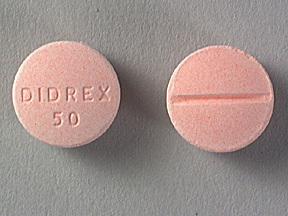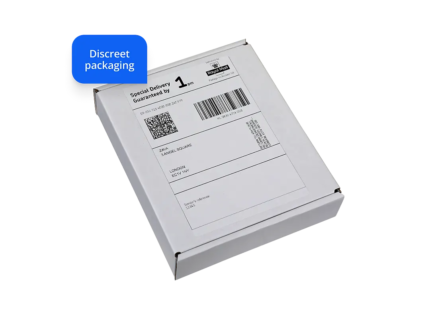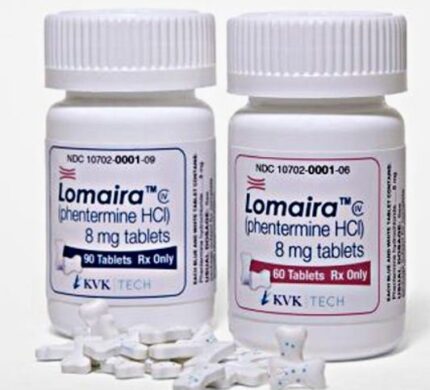Benzphetamine is used short-term along with a doctor-approved, reduced-calorie diet, exercise, and behavior change program to help you lose weight. It is used in people who are significantly overweight (obese) and have not been able to lose enough weight with diet and exercise alone. Losing weight and keeping it off can reduce the many health risks that come with obesity, including heart disease, diabetes, high blood pressure, and a shorter life.
It is not known how this medication helps people to lose weight. It may work by decreasing your appetite, increasing the amount of energy used by your body, or by affecting certain parts of the brain. This medication is an appetite suppressant and belongs to a class of drugs called sympathomimetic amines.
Take this medication by mouth, usually 1-3 times a day as directed by your doctor. Taking this medication late in the day may cause trouble sleeping (insomnia).
The dosage is based on your medical condition and response to therapy. Your doctor will adjust the dose to find the best dose for you. Use this medication regularly and exactly as prescribed in order to get the most benefit from it. To help you remember, take it at the same time(s) each day.
Benzphetamine is usually taken for only a few weeks at a time. It should not be taken with other appetite suppressants (see also Drug Interactions section). The possibility of serious side effects increases with longer use of this medication and use of this drug along with certain other diet drugs.
If you suddenly stop using this medication, you may have withdrawal symptoms (such as depression, severe tiredness). To help prevent withdrawal, your doctor may lower your dose slowly. Withdrawal is more likely if you have used benzphetamine for a long time or in high doses. Tell your doctor or pharmacist right away if you have withdrawal.
Though it helps many people, this medication may sometimes cause addiction. This risk may be higher if you have a substance use disorder (such as overuse of or addiction to drugs/alcohol). Do not increase your dose, take it more often, or use it for a longer time than prescribed. Properly stop the medication when so directed.
This medication may stop working well after you have been taking it for a while. Talk with your doctor if this medication stops working well. Do not increase the dose unless directed by your doctor. Your doctor may direct you to stop taking this medication.
Dizziness, dry mouth, difficulty sleeping, irritability, nausea, vomiting, diarrhea, or constipation may occur. If these effects persist or worsen, notify your doctor or pharmacist promptly.
Remember that your doctor has prescribed this medication because he or she has judged that the benefit to you is greater than the risk of side effects. Many people using this medication do not have serious side effects.
This medication may raise your blood pressure. Check your blood pressure regularly and tell your doctor if the results are high.
Tell your doctor right away if any of these unlikely but serious side effects occur: fast/irregular/pounding heartbeat, mental/mood changes (e.g., agitation, uncontrolled anger, hallucinations, nervousness), uncontrolled muscle movements, change in sexual ability/interest.
Stop taking this medication and seek immediate medical attention if any of these rare but very serious side effects occur: severe headache, slurred speech, seizure, weakness on one side of the body, vision changes (e.g., blurred vision).
This drug may rarely cause serious (sometimes fatal) lung or heart problems (pulmonary hypertension, heart valve problems). The risk increases with longer use of this medication and use of this drug along with other appetite-suppressant drugs/herbal products. If you notice any of the following unlikely but very serious side effects, stop taking this medication and consult your doctor or pharmacist right away: chest pain, difficulty breathing with exercise, decreased ability to exercise, fainting, swelling of the legs/ankles/feet.
A very serious allergic reaction to this drug is rare. However, seek immediate medical attention if you notice any of the following symptoms of a serious allergic reaction: rash, itching/swelling (especially of the face/tongue/throat), severe dizziness, trouble breathing.


















Reviews
There are no reviews yet.